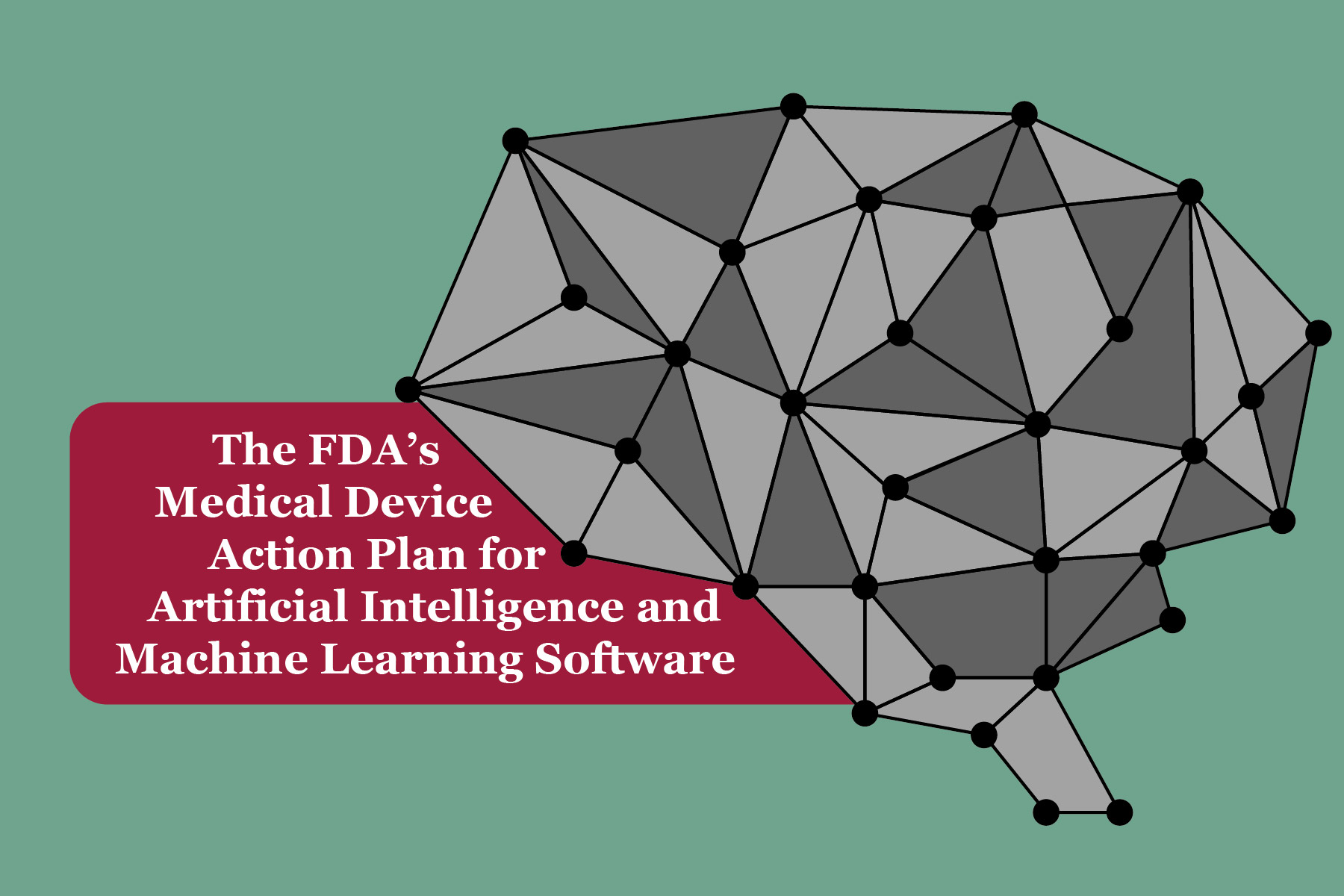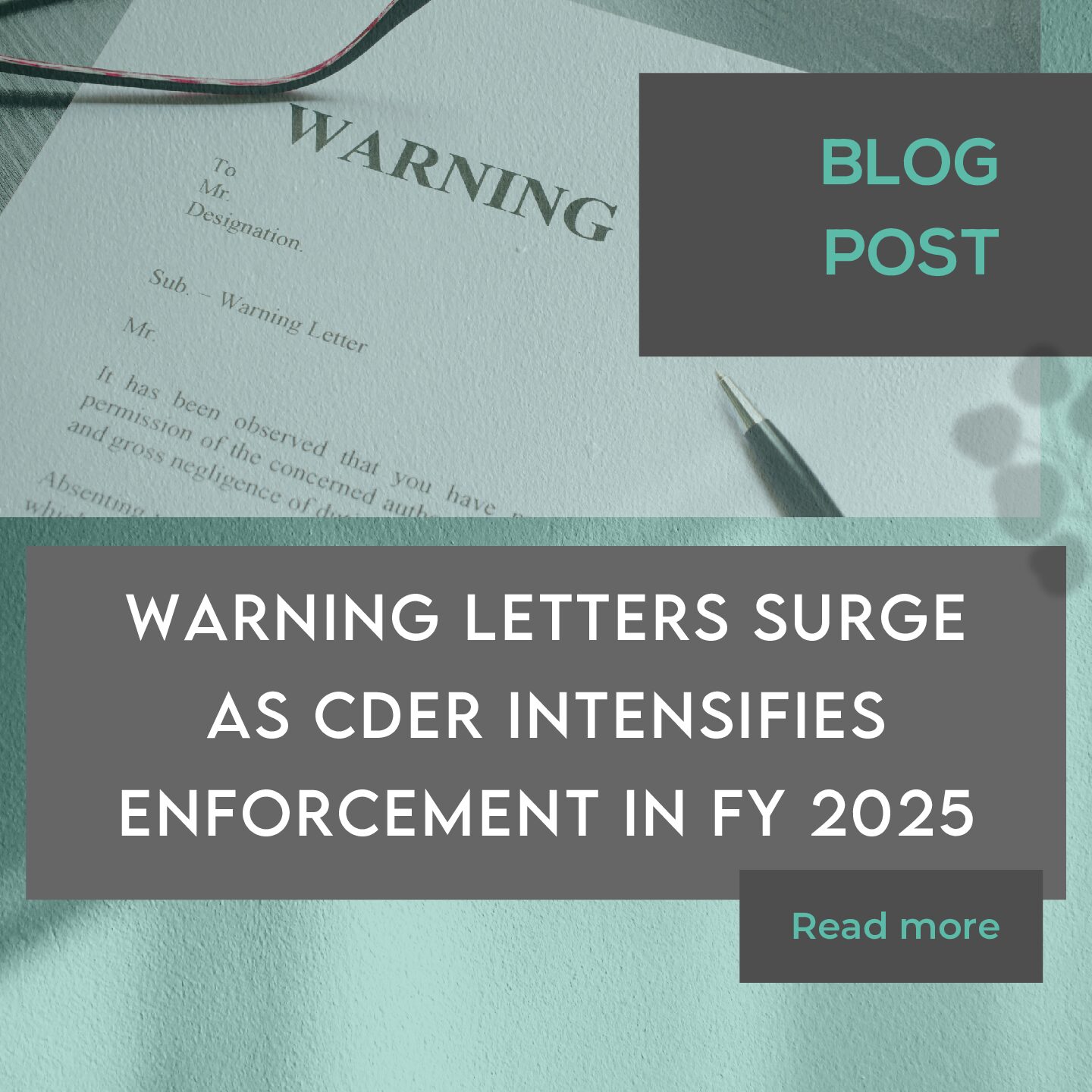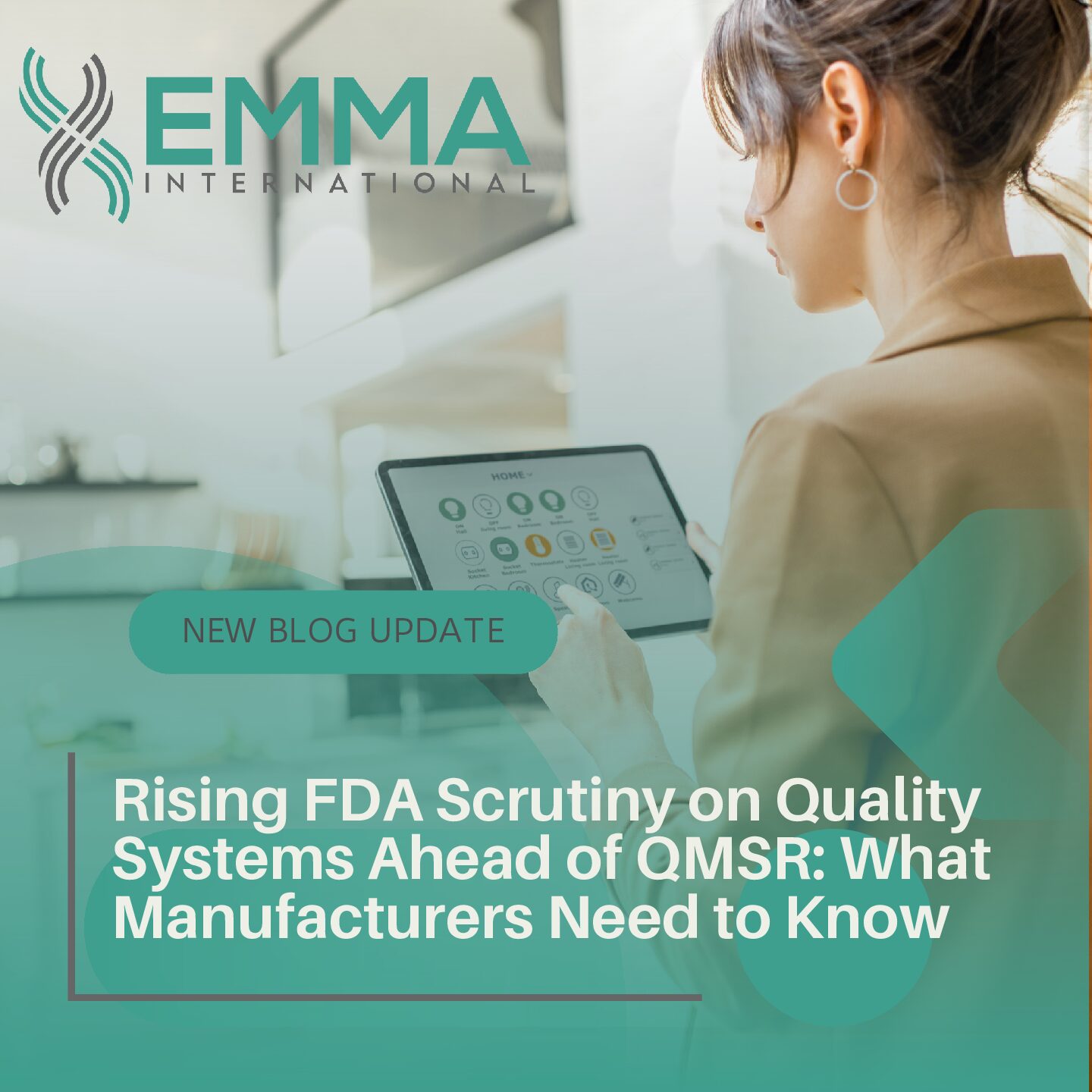Artificial Intelligence (AI) is the branch of Computer Science that provides the ability for computing systems to solve human problems. One of the major subsets of this field is Machine Learning (ML) which provides recommendations or decisions by continuously learning human-generated data. Being a software engineer, I have utilized these tools and algorithms for building some complex projects, but the biggest advantage these algorithms provide is the replacement of numerous tedious computing steps with microseconds-based predictive computation and results.1
But are these results always accurate? This question comes into consideration when these AI/ML tools are employed in healthcare services, where patient safety and care depend on these results. This is where the FDA’s medical device action plan on AI or ML-based software comes in.
The FDA intends to issue a guidance document that would reflect the modified approach for the proposed regulatory framework. This document would specify the elements of the Predetermined Change Control Plan which indicate “what” components will experience modifications and “how” the algorithm will evolve through self-learning techniques, while keeping the system safe and effective. This draft is set to publish in the current year, 2021. This guidance document will also provide additional modification types as well as a streamlined process of product submission and review.
Additionally, the action plan encourages manufacturers to incorporate the harmonization of Good Machine Learning Practices (GMLP). These include activities such as data management, extraction, and detailed documentation. In my experience, irrespective of AI/ML, these apply to all software products as such activities facilitate better code readability and maintenance. Also, harmonization will mean involving the existing AI dev-communities and consensus standards, such as efficient AI code training/testing strategies with risk identification and management processes.
Furthermore, the plan includes conducting a public workshop specifically for discussing and providing how device labeling activities will bolster the trust or transparency among users. Transparency includes factors such as verification of data utilized for training the AI model, the intended business logic with data inputs and outputs, and the model performance. Also, transparency strengthens the fact that even though an AI model may undergo a small change to the complete model re-selection, the quality, efficacy, and safety remain intact.
There are two final major aspects in the stated plan: removal of data bias with the support of regulatory science and enabling real-world performance (RWP) monitoring. AI/ ML models in the medical sector are most likely to be trained using healthcare or patient-related data. If this data itself is biased based on factors like race or ethnicity, this will be also reflected in the target output. The action plan focuses on the elimination of such elements by utilizing regulatory science methods to improve learning algorithms and measure the application robustness irrespective of changing model, inputs, and outputs. In the end, the action plan advises the collection of real-world performance-based data. From an AI-dev perspective, this is extremely beneficial as manufacturers could track how an AI model is performing in real-time, what specific components could be remodeled and improved, and most importantly, using continuous performance data monitoring, what risks or hazards are identified/mitigated by manufacturers.2
Indeed, being a part of the AI-dev community and involved in AI-based medical device development, I am eagerly looking forward to the release of the stated guidance document this year, which will be the actual regulatory implementation and approach to getting AI-based SaMDs FDA-approved. Do you have an AI-based application that needs FDA approval? Our regulatory and software experts can help your SaMD achieve and maintain FDA compliance. Contact us at 248-987-4497 or info@emmainternational.com for additional information.
1FDA (January 2021). Digital Health Center of Excellence. Retrieved on January 1, 2021, from https://www.fda.gov/medical-devices/digital-health-center-excellence.
2FDA (January 2021). FDA Releases Artificial Intelligence/Machine Learning Action Plan. Retrieved on January 1, 2021, from https://www.fda.gov/news-events/press-announcements/fda-releases-artificial-intelligencemachine-learning-action-plan.





